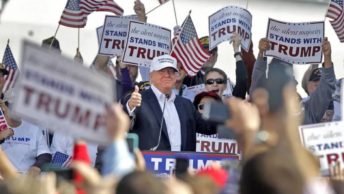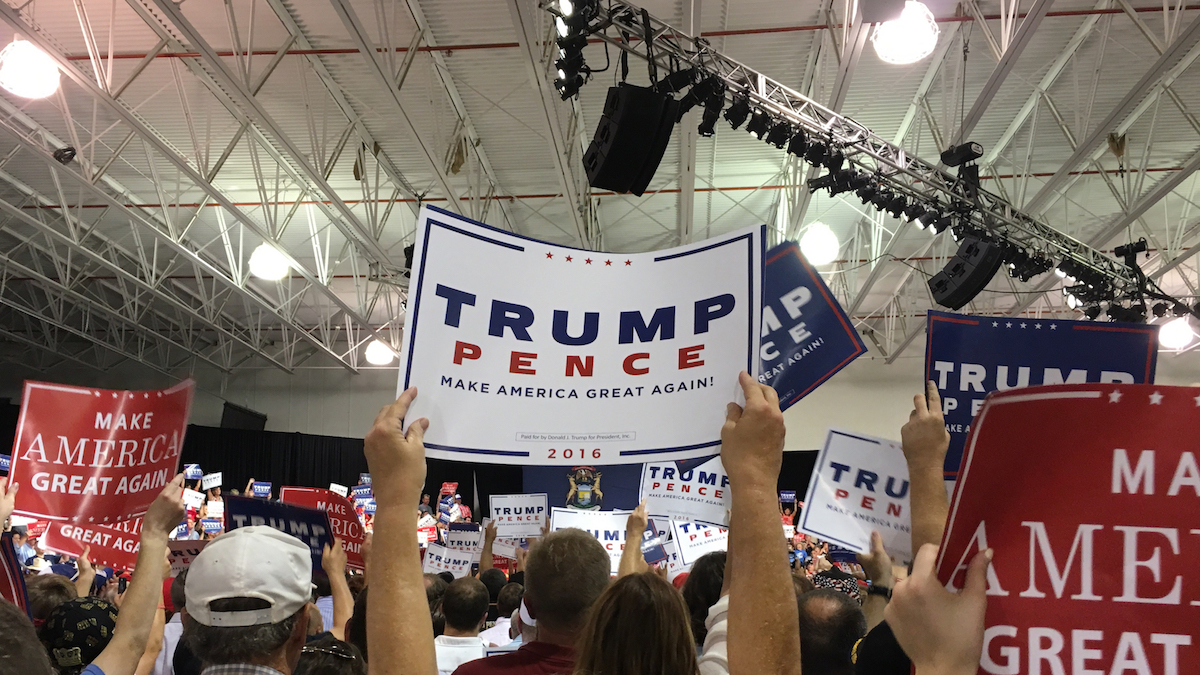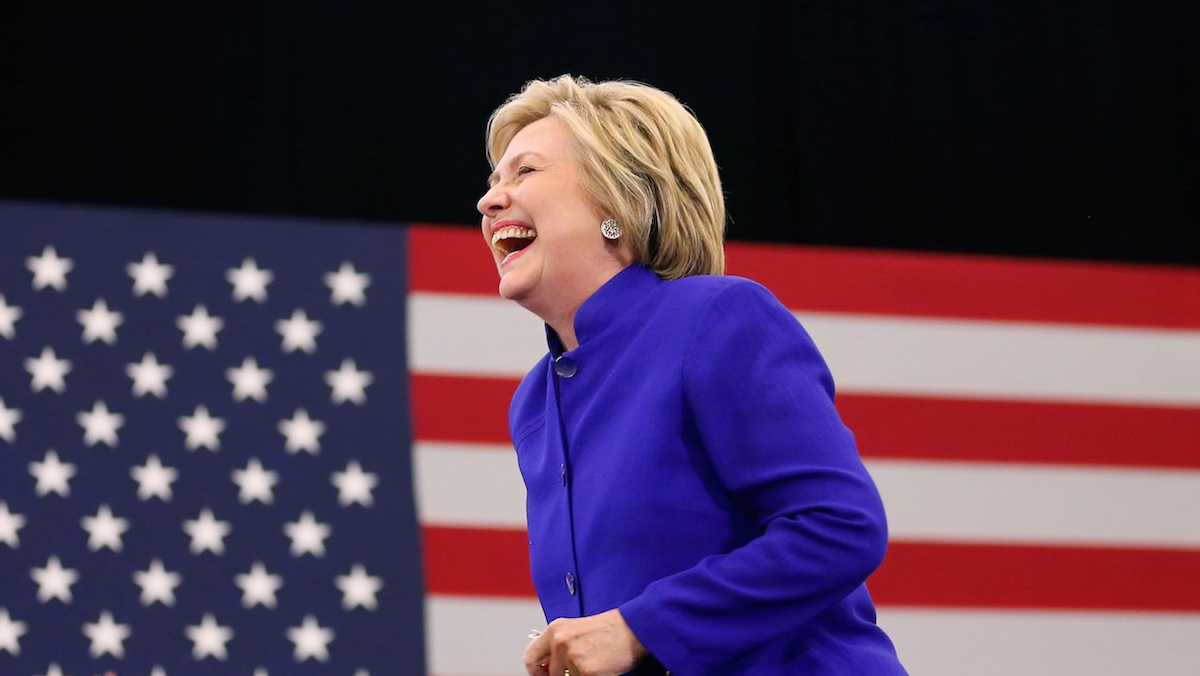A friend of mine recently referred me to a New Yorker article entitled “Donald Trump’s Ghostwriter Tells All” and asked whether I thought the story would hurt Trump’s chances of winning the presidency. After reading the article, I concluded that it would not, at least not among careful thinkers.
Not everyone is a careful thinker, of course. Some people who read the New Yorker piece will no doubt leap to the conclusion that Trump is a fool for not being able to write for himself or a dishonest man for taking credit for someone else’s effort, or both. But more cautious individuals will withhold judgment until they have found answers to two relevant questions:
How common is the practice of having someone else “ghostwrite” one’s book?
Does honesty demand that the ghostwriter’s role be acknowledged?
The answer to the first question is, very common. A great many, perhaps a majority, of famous people such as actors, business leaders, and politicians employ ghostwriters. The reason is simple: They want to have their story or viewpoint expressed more engagingly and effectively than they can express it, so they seek the assistance of individuals who have the requisite skills to do so. That is precisely what Donald Trump did when he hired Tony Schwartz to help write The Art of the Deal.
The answer to the second question is that some form of acknowledgment is always appropriate because it both rewards the writer and informs the public. Many would say acknowledgment is not necessary and may be dispensed with if both parties agree. Yet some ethical purists would still regard the omission as less than completely ethical because it misleads the public.
A notable example of unacknowledged ghostwriting occurred in the case of John F. Kennedy’s book Profiles in Courage, for which Kennedy was awarded a Pulitzer Prize. Only later was it revealed that Theodore (“Ted”) Sorensen did most of the writing. A strong ethical case could be made that, even if it was not wrong for Kennedy to remain silent about Sorensen’s contribution, it was dishonest for Kennedy to have accepted the prize without mentioning Sorensen.
Unlike Kennedy, Donald Trump publicly credited his ghostwriter, Tony Schwartz, by including his name on the book cover. Moreover, Trump paid Schwartz handsomely, as Schwartz admits. The author of the New Yorker piece writes as follows: “[Schwartz] told Trump that if he would give him half the advance and half the book’s royalties he’d take the job. Such terms are unusually generous for a ghostwriter. Trump, despite having a reputation as a tough negotiator, agreed on the spot. ‘It was a huge windfall,’ Schwartz recalls. ‘But I knew I was selling out.’”
Add all this up and it comes to this: Trump was exceedingly generous with Schwartz, giving him cover credit and half the proceeds. Since the book remains in print, Schwartz no doubt continues to receive royalties for the work he did years ago. His way of showing appreciation is to denigrate Trump, a response that falls far short of gracious.
To appreciate more fully Trump’s generosity to Schwartz, consider how Hillary Clinton treated her ghostwriter for It Takes a Village. Roger Friedman says that Clinton “denied the ghost writer any identification at all.” The ghostwriter, Barbara Feinman, a Georgetown University professor, was paid $120,000 for seven months’ work. She eventually went public and complained about lack of credit.” (Note: Hillary made millions on that book.)
There are valid criticisms to be made of Donald Trump, to be sure, but his treatment of ghostwriters is not one of them. In fact, in this matter, compared to John F. Kennedy and Hillary Clinton, Trump behaved admirably.
Copyright © 2016 by Vincent Ryan Ruggiero. All rights reserved









What’s surprising is Mr. Trump’s collaboration agreement with Tony Schwartz lacked confidentiality and non-disparagement provisions. If it did, curious why he’s not sued. However, based on my publishing law background, both Mr. Trump and Mrs. Clinton’s deals look like standard iterations of the art of the book deal. Keep in mind 50% of the royalties is contingent on there being royalties. Most books don’t earn royalties because they seldom earn back their advance. In the case of Mrs. Clinton, she appears to have struck a flat fee deal. Tacked on to that flat fee (paid in installments & tied to satisfactory & timely delivery), the writer’s agent, if smart, would have negotiated a small percentage of the overall royalty, perhaps 10% or more, and/or a bestseller bonus. We just don’t know. Mrs. Clinton’s deal is more common if the subject is an all-purpose public figure who receives a huge advance. She was paid a multimillion dollar advance. Tony Schwartz made out like a bandit. But, the odds were against him. Politics aside, it’s unusual for a writer to have a crisis of conscience (or long simmering beef with the subject) and speak out like this. If you discount the grudge theory, and if we could remove politics from the issue, Mr. Schwartz’ speaking out raises interesting ethical issues. But, I’m not an ethicist. I recently wrote on a related topic at http://www.copylaw.org/2016/07/the-art-of-jointly-authored-book-deal.html?spref=tw Pardon the shameless self-promotion, but, hey, we’re discussing Mr. Trump and Mrs. Clinton who have no sense of shame.
Even if not credited as having written the book, it’s customary to say thank you in the acknowledgment section.